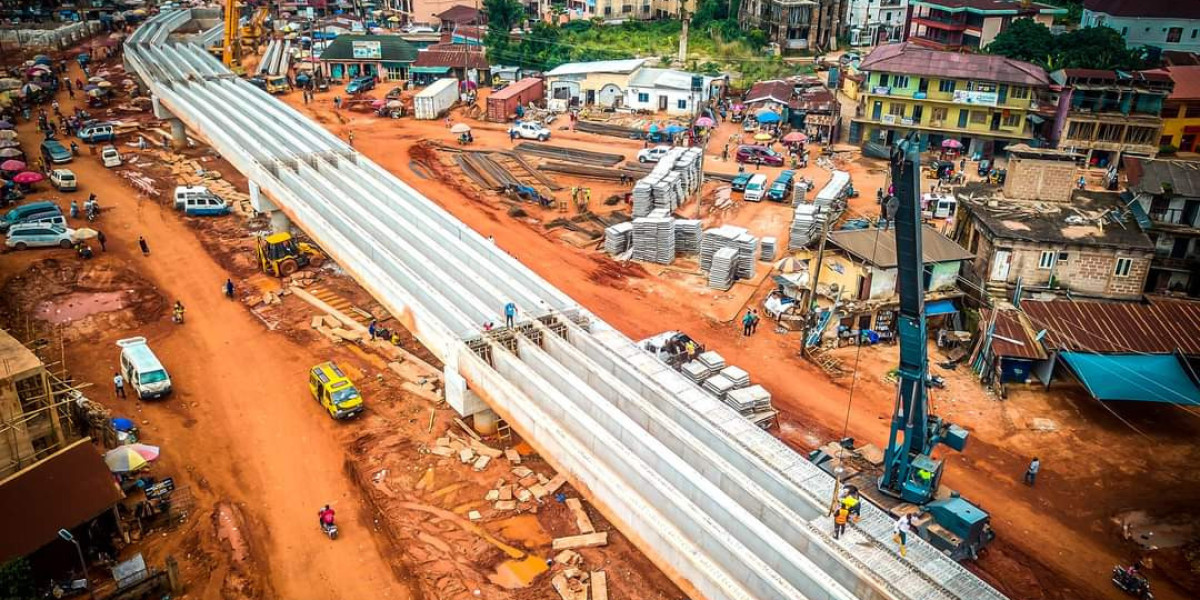Government Area of Anambra State, Nigeria, and is considered one of the major urban centers in the region. The town has a rich history that blends Igbo tradition, colonial influences, and modern developments. Below is a detailed exploration of Ekwulobia's history, including its origins, cultural significance, key historical events, and its role in the broader Igbo and Nigerian contexts.
Sign up and join Nelogram: the social network for Africans.
Origins and Early History
Ekwulobia is historically believed to be part of the ancient Nri Kingdom, which was a significant Igbo cultural and religious center known for its influence over other Igbo communities through its priestly power and cultural practices. The town's origin story, like that of many Igbo communities, is woven with tales of migration and settlement by clans from different parts of the Igbo land.
The name "Ekwulobia" is said to have derived from the founder, Ekwulu, who established the town and laid its foundations. Oral traditions suggest that Ekwulu, along with his family and followers, sought new land and eventually settled in what is now known as Ekwulobia. Over time, more people moved to the area, contributing to the growth and establishment of various clans within the town.
Read also: History of Umuoba Anam
Pre-Colonial Ekwulobia
Ekwulobia, like other Igbo communities, operated under a decentralized socio-political system where family heads, titled men, and village assemblies (Obi) played critical roles in governance. This structure allowed for a collective decision-making process. Village elders and Ndi Ichie (titled men) made decisions on land use, conflict resolution, and community ceremonies.
Ekwulobia was known for its rich agricultural lands, and the economy primarily revolved around farming and trade. With its central location in what is now Anambra State, Ekwulobia became a trading hub, exchanging goods with neighboring towns and facilitating the spread of goods, cultural practices, and information.
Read also: History of Nteje
Colonial Era
The arrival of British colonization in Nigeria in the late 19th and early 20th centuries impacted Ekwulobia and surrounding communities significantly. The British administration sought to impose indirect rule across Nigeria, including Igbo land, which conflicted with the regions traditional decentralized structure. As the British attempted to consolidate their control, they introduced Western education, Christianity, and cash crops such as palm oil, which influenced the town's economy and society.
During this period, Ekwulobia also became a point of contact for missionaries, leading to the establishment of churches and schools. Christianity gradually gained followers, altering local religious practices, while Western education expanded, preparing Ekwulobia's youth for modern roles within the colonial and post-colonial Nigerian state.
Ekwulobia in Post-Colonial Nigeria
Following Nigeria's independence in 1960, Ekwulobia continued to grow in prominence. The town was affected by the Nigerian Civil War (19671970), as was much of the southeastern region, with many people fleeing or suffering losses due to the conflict. After the war, Ekwulobia became a center for rebuilding efforts, with an emphasis on education, infrastructure, and healthcare.
Over the years, Ekwulobia has seen considerable urbanization and modernization. The establishment of infrastructure such as hospitals, schools, and roads has contributed to the town's development. Its central market has also grown, making it one of the busiest in Aguata and neighboring areas, and the town has become a center for trade, education, and governance.
Cultural Heritage and Festivals
Ekwulobia, like many Igbo towns, is deeply rooted in its cultural heritage. Traditional Igbo customs, beliefs, and festivals remain integral to the community, even as Christianity and modern influences have grown. Ekwulobia celebrates several traditional festivals that honor the town's heritage, such as the New Yam Festival, which marks the beginning of the yam harvest season and serves as a time for thanksgiving and community gatherings. The Masquerade Festival, known as Mmanwu, is also significant, showcasing elaborate costumes and masks that represent ancestral spirits and protect the town.
Contemporary Ekwulobia
Today, Ekwulobia is one of the most urbanized areas in Anambra State, known for its vibrant economy and bustling marketplaces. The town has benefitted from both state and private investments, which have spurred development in education, healthcare, commerce, and infrastructure. Schools and higher institutions have improved access to education, contributing to Ekwulobias reputation for producing educated and skilled individuals who participate in Nigeria's development across various sectors.
With its strong cultural heritage, Ekwulobia remains a symbol of Igbo resilience and identity while embracing modernization and urban growth. The town is home to people from different parts of Nigeria, fostering a diverse population that reflects the dynamism of modern Igbo society.
Ekwulobias growth into a significant urban area in southeastern Nigeria highlights its blend of traditional values and adaptation to contemporary changes, making it a notable example of the ongoing evolution of Igbo communities in the 21st century.










